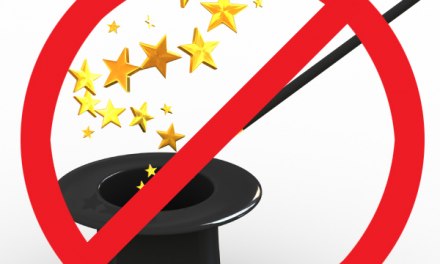Some interesting new research into a long-debated topic: does AA work?
Whatever work means, of course – also a subject for discussion. I’ll link to two recent articles at the end of this post.
Some of the confusion about AA’s effectiveness stems from the difference between AA the fellowship and the various treatment programs that incorporate AA philosophy in their curriculum. In reality, AA and professional treatment serve different purposes, operate under different rules, play a different role in someone’s recovery. They’re meant to complement one another, and done correctly, that’s what they do.
I wasn’t at all surprised to hear that people who attended AA tended to “do better” on the usual measures than those who didn’t. Whatever we think of its program, AA has its advantages. Two of note:
- It’s accessible. As of January 2019, the organization estimates more than 71,000 meetings in the US and Canada, with another 52,000 or so outside. That’s 125,000 meetings, give or take. Our little college town, population 4000, had its own AA club, meetings from morning to night. That still amazes me.
- It’s free. There was a time when AA’s founders dreamed of their own chain of treatment centers, but fate intervened. As a result, they “have no dues or fees.” Or as one AA veteran put it: “at least you always get your money’s worth.”
Per one expert: “It’s the closest thing in public health we have to a free lunch.”
I know that AA doesn’t work for everybody, but then, why would we expect it to? Since we don’t demand it of medication, surgery, psychotherapy, behavior mod, religion, or anything else? I know some patients are resistant or even hostile to the idea of AA, and learned it’s pointless to argue. I simply ask them what else they plan to do to stay clean and sober? Turns out that’s a far more difficult question to answer.
Truth is that for most, getting into recovery is damned difficult. It’s easy to underestimate the challenges ahead, and many people do. I suspect that’s at the root of much relapse. Somehow, despite all the education and counseling and insight, they still weren’t prepared for life without alcohol.
You may have noticed that AA is full of people who tried other approaches first. Sometimes many other approaches. As one former patient put it, “I wound up at AA because after 30 detoxes, nobody else would take me.” Fortunately for him, the last stop did the trick.
As a working counselor, what other evidence did I need?
The articles (one with a paywall, the other free):
From the New York Times: Alcoholics Anonymous vs. Other Approaches: The Evidence Is Now In
From USA Today: New study shows how effective Alcoholics Anonymous really is












